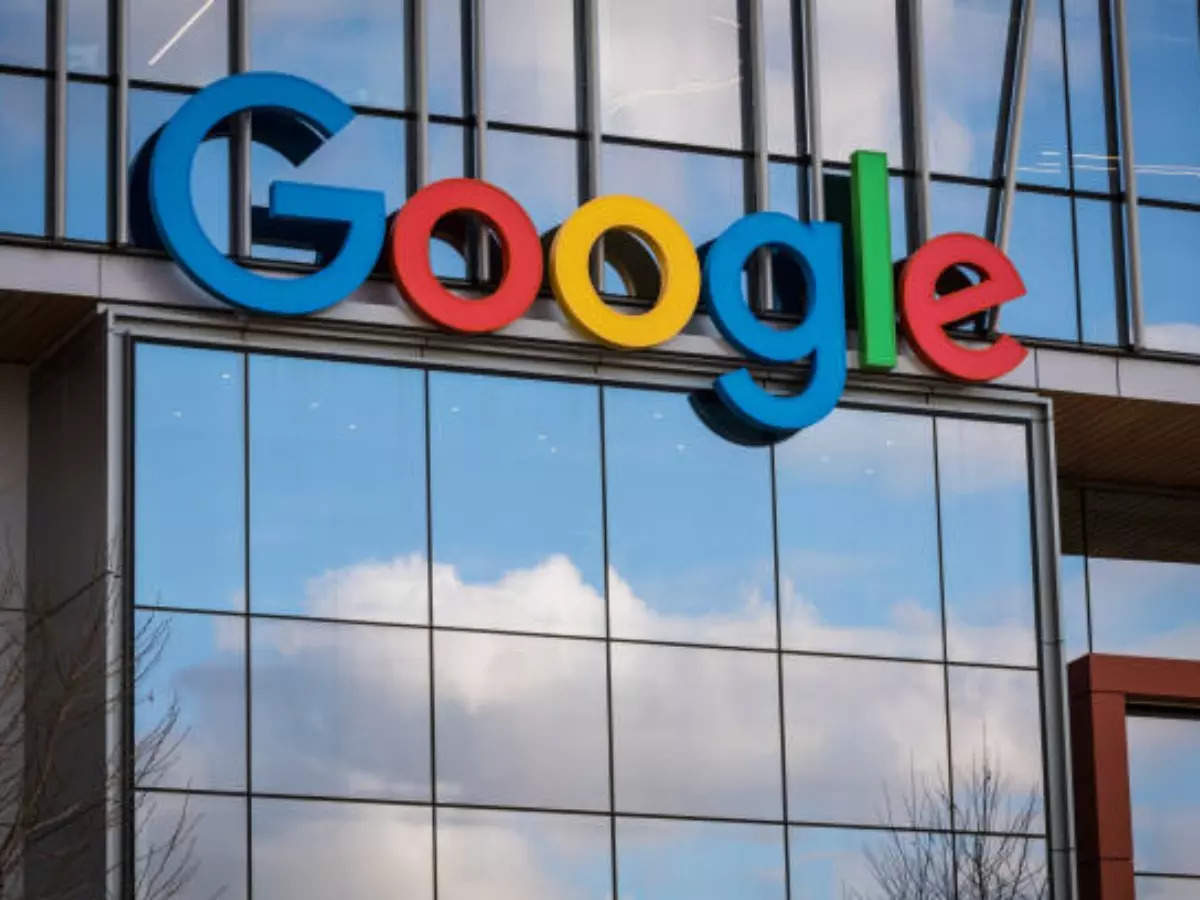The Case of Sonos Inc. vs. Google: A Sprawling Intellectual Property Dispute
Key Highlights :

The case between Sonos Inc. and Google is a sprawling intellectual property dispute that has been unfolding over the past year. The two companies, who were once collaborators, are now locked in a legal battle involving lawsuits in the US, Canada, France, Germany, and the Netherlands.
At the center of the dispute is a claim from Sonos that Google infringed on one of its patents in its wireless audio devices. On Friday, a San Francisco federal jury ruled in favor of Sonos and ordered Google to pay $32.5 million in damages.
The legal battle between the two companies began in 2020 when Sonos first sued Google for patent infringement in Los Angeles and at the U.S. International Trade Commission. Sonos alleged that Google had copied its technology in devices including Google Home and Chromecast Audio. Google responded with its own patent lawsuits in California and at the ITC, accusing Sonos of incorporating its technology into its smart speakers.
The jury found Google guilty of infringing one of Sonos' two patents at issue in the trial. Sonos had initially asked for $3 billion in damages, but this was reduced to $90 million after U.S. District Judge William Alsup narrowed the case.
Google argued that the case was a "narrow dispute about some very specific features that are not commonly used," and that it had "always developed technology independently and competed on the merit of our ideas."
A spokesperson for Sonos said the verdict "re-affirms that Google is a serial infringer of our patent portfolio."
The outcome of this case could have major implications for other tech companies, as it could set a precedent for how intellectual property disputes between former collaborators are handled in the future. It also serves as a reminder of the importance of protecting one's intellectual property when collaborating with other companies.
